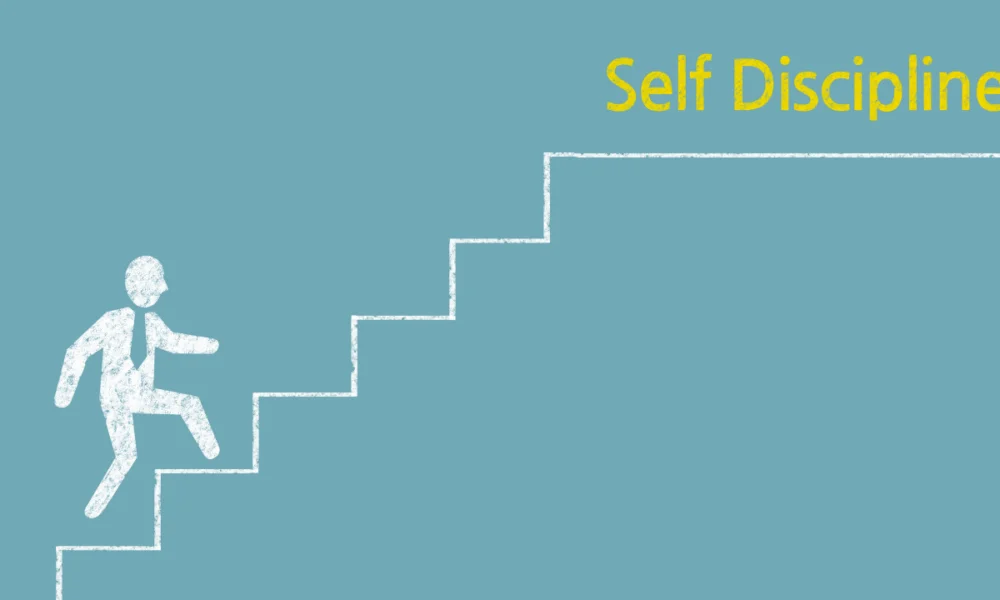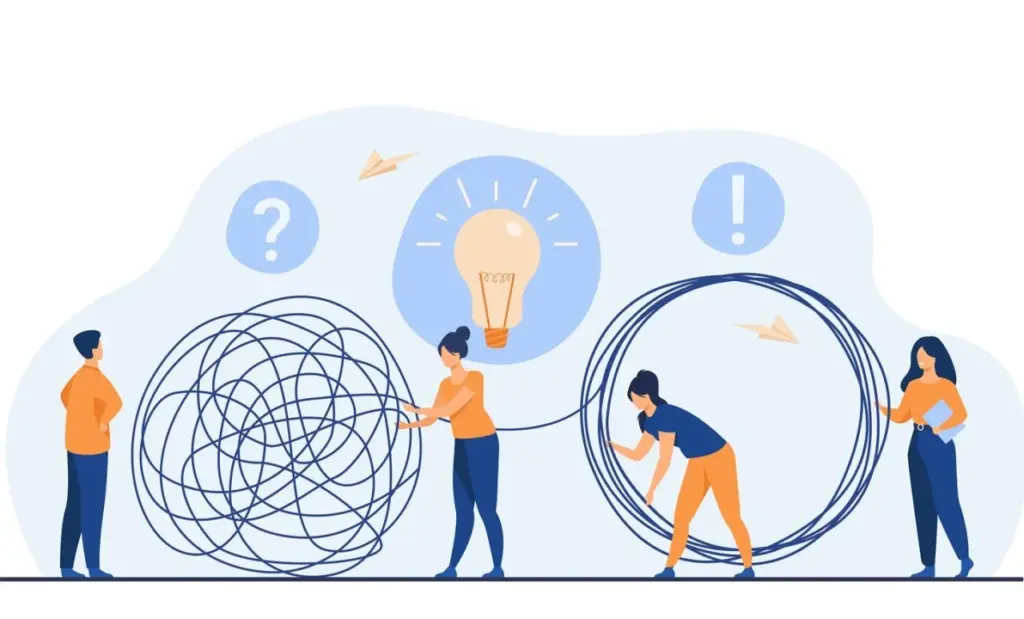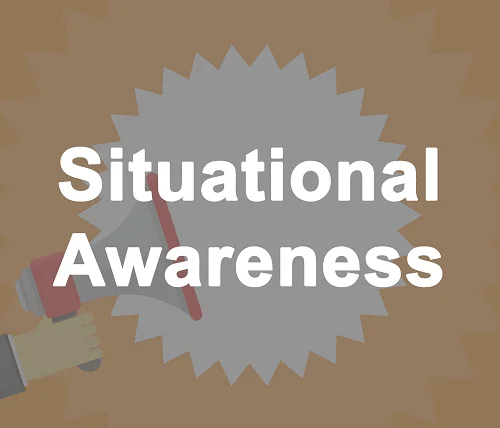The importance of soft skills has become widespread. Even the army has been emphasizing it and encouraging its officers to develop different soft skills. As the focus on these skills grows deeper, one might question which soft skills should be prioritized for the army specifically.
So, what are the most common soft skills in the army?
Soft skills such as self-discipline, leadership, adaptability, and problem-solving are vital for the army. They not only shape the minds and behavior of the officers but also influence their performance during combat. It helps them become more conscious of their responsibility, enhancing mission success.
Stay with us while we reveal the 8 most common soft skills needed in the army. We will explore them in detail and tell you how to improve them. So, let’s get right into it!
8 Common Soft Skills Needed In The Army
Balancing soft skills in the army along with hard skills can be tricky. However, if you can master these eight soft skills, you’re guaranteed a thriving career.
So, here is a detailed guide to what are the most common soft skills in the army.
1. Self-Discipline
All military operations are based on discipline and structure.
You are expected to have complete control over your actions and goals so that you remain focused on your goals. This is where you should discipline yourself.
As a soldier, you need to follow orders without question. You also have to maintain your physical fitness and mental readiness to carry out different operations. Thus, discipline is a necessity in challenging environments like the army.
How To Improve Discipline In The Army?
- Create a structured routine that you can follow every day.
- Try to develop mental toughness by engaging in endurance training.
- Hold yourself accountable for your own actions and commitments.
2. Leadership
Leadership skills are essential in the army. You should be able to take the initiative and inspire others, especially in high-pressure situations. Moreover, you must hold onto your diligence and integrity.
A good leader’s main responsibility is remaining calm and steady in tense environments while ensuring mission success. The army tends to gravitate toward such strong leaders. So, make sure to build upon your leadership skills.
How To Develop Leadership Skills In The Army?
- You can start by taking the initiative in smaller groups and work your way towards more prominent settings.
- Lead by example and showcase your qualities, such as discipline and integrity.
- Seek guidance from more experienced officers or previous mentors.
3. Communication
Effective communication is the key to running operations smoothly in the army. It ensures that everyone understands their responsibilities properly. So, different strategies can be executed properly at once.
Moreover, proper communication helps teams become more functional. Any sort of miscommunication could impact the entire unit, leading to an unsuccessful mission or loss of life.
How To Enhance Communication Skills In The Army?
- Speak in a concise manner and focus on clarity.
- Practice active listening, especially when following instructions.
- Try to follow non-verbal cues such as body language and voice tone.
- You should also practice precise writing in reports and other administrative briefings.
4. Teamwork
The army thrives off team unity. Displaying proper teamwork abilities ensures each task is completed efficiently. It allows each member to maintain their respective duties while also collaborating seamlessly. Thus, ensuring teams remain cohesive without making any ghastly mistakes.
More importantly, it is crucial to build trust among the members. Teamwork skills help to foster deeper connections with each other. It displays one’s reliability, showcasing who you can count on when facing high-pressure situations.
How To Increase Teamwork Abilities?
- Understand your role and how it contributes to the overall team.
- Be reliable and trustworthy to your fellow officers.
- Support each other when possible.
- Try to engage in field exercises or drills that enhance teamwork.
5. Adaptability
Adaptability is another invaluable skill in the army. No one can adequately prepare for what they might come across in a mission. Whether an officer is on a battlefield or managing desk duties, they are bound to navigate a dynamic environment.
So, all military service members must work on their adaptability skills. They should be ready to face an unexpected change. Moreover, they must be able to adapt and adjust to ever-changing plans and strategies on the spot.
How To Build Adaptability In The Army?
- Practice decision-making in high-stress environments
- Always be open to new strategies, military regulations, and technologies.
- Try working on expanding your skills, especially in different roles.
6. Problem-Solving
Problem-solving skills are the key to a successful military mission. In the army, you will constantly be thinking on your feet, juggling different tasks while facing newer challenges at every step. To maintain proper workflow, you must have immaculate problem-solving skills.
An army officer’s problem-solving abilities will directly reflect the entire team. They have to think quickly to figure out the most effective solutions. It is their responsibility to make decisions that are in everyone’s best interest.
How To Improve Problem-Solving In The Army?
- Take initiative for solving challenging tasks.
- You can develop your critical thinking by analyzing a problem from many different angles.
- Engage in tactical exercises that deal with crisis scenarios.
- If possible, break down a problem into smaller parts and solve them individually.
7. Situational Awareness
Situational awareness is essential for the army. Any military personnel needs to be able to assess their surroundings and reach a conclusive decision. This skill helps individuals avoid any ambiguity or misunderstanding. Rather, being situationally aware will create the foundation for reliable reasoning.
More importantly, situational awareness is needed for surviving high-risk situations in the army. Your awareness will help you evaluate any potential threat in combat. Thereby, enabling informed decision-making.
How To Enhance Situational Awareness In The Army?
- Our topmost suggestion is to practice mindfulness.
- Scan different environments and be very observant when doing so.
- Be mentally active during practice drills and try to minimize distractions.
- Maintain peak physical conditions as it affects awareness.
8. Time Management
The last skill that we absolutely had to include is time management. Being punctual is of the essence in the army. You must adhere to strict schedules on a daily basis. Whether it is waking up on time or completing successive missions, effective time management is a must.
Moreover, your time management skills will affect your decision-making, productivity, and readiness for any critical task. It is also a testament to your discipline and reliability, allowing your peers and seniors to trust and respect you.
How To Develop Time Management Skills In The Army?
- Try following a structured routine for training, rest, and downtime.
- Minimize distractions and prioritize your tasks effectively.
- If possible, engage yourself in time-constrained drills.
Significance Of Soft Skills In The Army
When you think about army skills, chances are your mind jumps to abilities like combat skills or weapon efficiency. While these skills are undeniably important, they are not always enough.
Successful missions are grounded in both hard and soft skills. So, one’s human-centered abilities and skills impact the overall effectiveness of their performance in the army.
These skills prepare army officers for complex, high-stakes situations. So that they can confidently navigate the uncertain adversities they’re bound to face. Moreover, it provides a structure to their military life, ensuring they can thrive with clarity and great purpose.
Below, we have summed up the many ways soft skills help the army.
- Assists with quick and effective decision-making.
- Allows different units to work cohesively.
- Ensures clear instructions and orders.
- Promotes accountability and morale.
- Helps to reduce internal friction during tense situations.
- Ensures smooth coordination and mission success.
Evaluating Soft Skills For The Army
Now that you know what are the most common soft skills in the army, what’s next? How would you find out if you, as an army officer, have these skills? Or, perhaps you work in the army and want to evaluate your soldiers.
To identify and assess all sorts of soft skills, we recommend getting your hands on SAJOKI. This platform offers an AI-profiling tool to evaluate soft skills, thus making it the perfect option for pre-employment assessments.
SAJOKI focuses on role-specific soft skills. So, for individuals in the army, SAJOKI will only highlight skills relevant to their field. This not only makes recruitment easier but also creates deep self-awareness and development opportunities.
How To Use SAJOKI?
We highly recommend you implement SAJOKI without any further delay. Here is how you can get started.
1. Create An Account
Go to SAJOKI’s official website and sign up to create an account.
2. Create A Test
Click on the Create option to get your own test. You will be moved to a page that asks for a job title(if you’re hiring). Enter the job title as Army Officer and let SAJOKI’s AI generate a description for it. Then simply select Generate Test.
3. Send Assessment Code To Job Candidates
Share the code to the tests with your job candidates so that they can take the test. Or, you can use it to access the test by yourself as well.
4. AI-Based Profile Generation
The tests involve several multiple-choice questions. Once the test is completed, SAJOKI’s AI will analyze the response and create comprehensive personality profiles for everyone.
FAQ
Q. What is the role of soft skills in military operations?
Soft skills can affect the overall success of a military operation. It allows the officers to enhance their performance by fostering discipline and structure.
Q. Can soft skills help during military combat?
Yes, soft skills like adaptability or teamwork help greatly during military combat.
Q. Why is communication so important in the army?
Communication plays a crucial role in the army. This soft skill increases a team’s situational awareness and aids them with collaborating and coordinating tasks.
Conclusion
That’s all on what are the most common soft skills in the army! These skills such as discipline and adaptability are paramount in the army. Developing them prepares soldiers for all sorts of challenges, deeply enhancing military operations across different units of the army.
Moreover, soft skills can also influence a soldier’s professional and civilian career. It provides them with a well-rounded structure through life. However, the key to benefitting from these skills is continuous practice and development!










